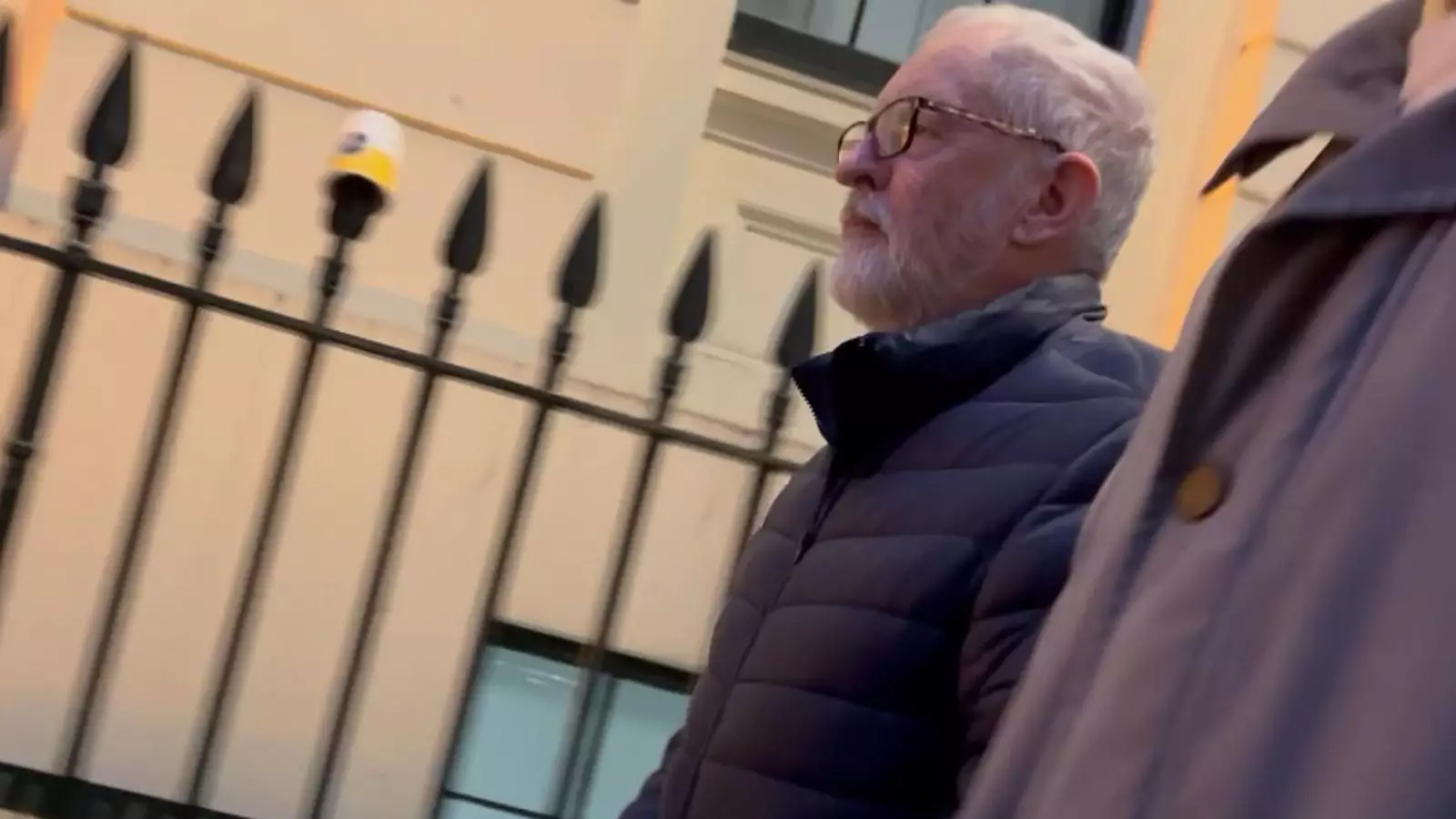The political landscape in the United Kingdom has often been marked by passionate protests and public demonstrations, particularly concerning international issues such as the ongoing Israel-Palestine conflict. Recently, the spotlight has fallen on Jeremy Corbyn, the former Labour leader, who agreed to an interview under caution with police following a pro-Palestinian rally in central London. The incident has raised significant media attention and ensuing controversy, which further complicates Corbyn’s already polarizing political legacy.
The rally was organized by the Palestine Solidarity Campaign (PSC) and took place against the backdrop of a ceasefire agreement between Israel and Hamas. Demonstrators aimed to express solidarity with Palestinian civilians amid the turmoil in Gaza. However, the Metropolitan Police have reported that there was a deliberate attempt by rally organizers to breach the conditions set for the protest, a claim that has been categorically denied by the PSC.
According to statements from the Metropolitan Police, the oversight of the event was twofold: the protest was intended to be stationary and to avoid potential conflicts near a local synagogue. However, authorities state that the organizers failed to adhere to these protocols, which led to nine individuals being charged with public order offenses following the protest. The police have indicated that they observed actions that undermined the agreed-upon guidelines.
The PSC strongly refutes this narrative, accusing the police of misrepresenting the events. They argue that after being denied permission to march towards the BBC headquarters, they opted for a silent protest, which they claim was conducted in a peaceful manner. The group’s response reflects a broader concern regarding how law enforcement manages the regulation of public demonstrations, especially those centered around contentious issues.
In an increasingly animated political environment, Corbyn’s public remarks have showcased a commitment to accountability and accurate representation of events. He took to social media to challenge the police’s depiction, asserting that the claims of protesters forcibly breaching police lines were exaggerated. Corbyn mentioned that he was part of a delegation intending to commemorate victims in Gaza by peacefully laying flowers, emphasizing that this act was permitted by the police and executed without force.
Such statements are not just personal defenses; they resonate with ongoing discussions regarding civil liberties and the right to protest. With past accusations of antisemitism looming over Corbyn’s political career—leading to his suspension and subsequent loss of party leadership—these recent events are likely to deepen the schism within UK politics regarding free expression and the reach of law enforcement during protests.
The controversy surrounding the police’s handling of the protest and Corbyn’s involvement raises essential questions about the state of public discourse in the UK. The juxtaposition of law enforcement’s authority against citizens exercising their democratic rights begs for a deeper analysis of how protests are managed. It is critical to examine the balance between maintaining public order and protecting individuals’ rights to assemble, express opinions, and advocate for international humanitarian issues.
Amid these complexities, the repercussions of events like these may set precedents for future protests. Corbyn’s position as an independent MP now serves as a platform for advocating not only for Palestinian rights but also for scrutinizing police conduct in regulating demonstrations. With local and national elections approaching, this narrative may influence voter perceptions and party alignments as discussions surrounding social justice gain momentum.
The aftermath of the pro-Palestinian rally illuminates the fragile nature of political expression in the UK. The diverging narratives underscore the urgency of engaging in meaningful dialogue about how democratic rights are upheld in tumultuous times. Jeremy Corbyn and figures like John McDonnell serve as focal points in this dialogue, which is likely to reverberate throughout the political arena for months to come.



Leave a Reply